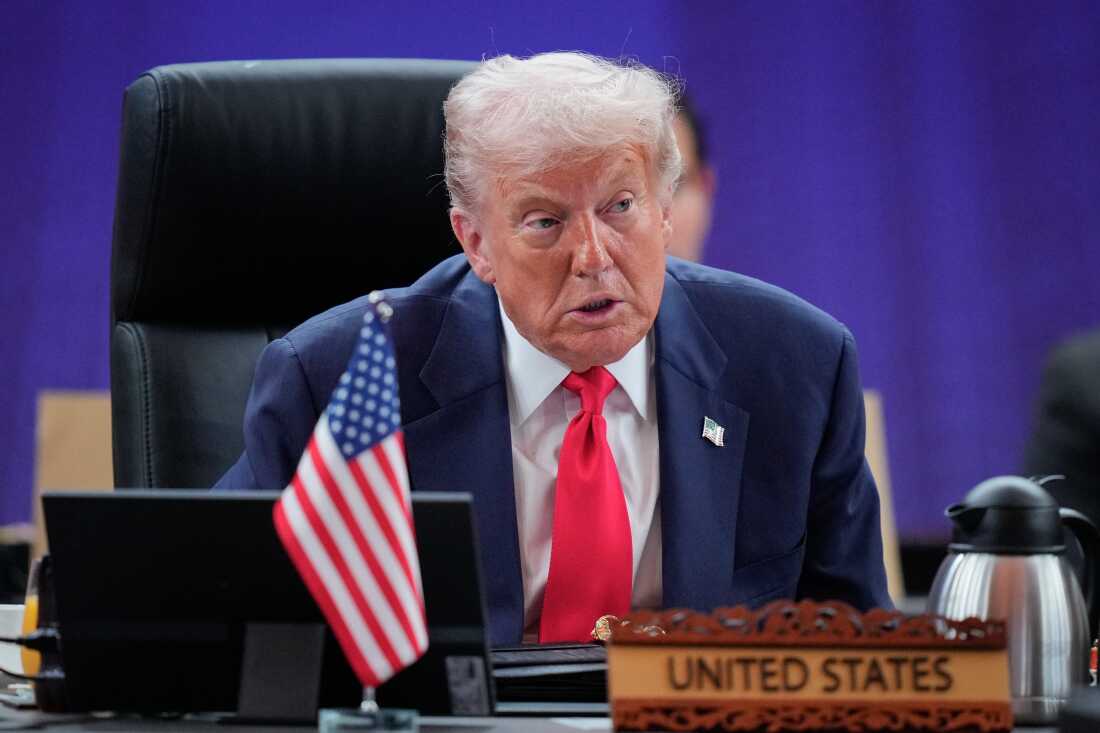Copyright dailymail

At the weekend, Rachel Zegler, the star of Evita at the London Palladium, appeared on Graham Norton’s talk show hinting that she would soon be taking her performance to Broadway. There can be no holding her back now that Argentina is dominating American headlines. The surprisingly robust victory for Javier Milei and his Freedom Advances party in the country’s mid-term elections is also a win for Donald Trump. As the peso sank during the final stages of the Argentine campaign, the US Treasury Secretary Scott Bessent dug deep to support the currency with $20billion of assistance. He organised a further back-up loan of another $20billion and Milei was accorded a luncheon at the White House. Yanqui interference is often the kiss of death in Latin America. But, in Milei’s case, the US bail-out is seen as saving his radical reform agenda. Victory saw markets bounce with both the peso and government bonds rallying. Concern that Argentina might be heading for the tenth debt default in history has rapidly reversed. Milei’s extreme policies are not dissimilar to the medicine applied in Greece following the debt crisis of 2009. The EU and IMF came in with tough medicine requiring an internal devaluation, which saw real wages and the size of the state slashed. Austerity was bitter. Professionals fled overseas as wages were crushed. Riots erupted in Athens’ Syntagma Square. Some 15 years later, inflation has been crushed, the current budget is in surplus and Greece is among the fastest-growing economies in Europe. Extreme measures can work. In Argentina, Milei has reduced the inflation rate from 200pc to 32 per cent by imposing brutal austerity. T ]ens of thousands of workers have been axed from government payrolls and the budget balanced. Trust in the peso remains fragile, with many advocating dollarisation, and some keeping greenbacks under the mattress. Are there any lessons for the G7? It is generally assumed that Britain and other G7 members can live with big state sectors and high debt-to-output ratios because of a willingness of domestic buyers and strangers to hold the currency and government bonds. The Government here believes that it can increase public sector wages and raise the minimum wage without an economic cost. What is really needed is an administration willing to take on the vested state interest, slash employment numbers and tolerate a fall in real wages. In Argentina, a promise of future stability built on radical austerity helped win an election. Offshore casualty Petrofac is a troubled company. The former FTSE 100 oil explorer has been weighed down by debt and dogged by a corruption probe in the Middle East, which resulted in a £71million fine from the Serious Fraud Office. The rush to green Europe’s carbon economy hasn’t helped. At the core of the decision to fall into administration was the decision of the Dutch grid operator to call a halt to an offshore wind project. Labour’s Great British Energy strategy hasn’t helped, either. Successive governments have heaped windfall taxes on North Sea oil operators, seeing the sector as an easy target. All that has done is drive away investment from offshore Britain and damage Aberdeen as one of the great oil-patch engineering centres. A ban on new drilling licences has made existing operations less viable, too, because of fading economics of scale. If administration leads to thousands of Petrofac job losses, as looks likely, Energy Secretary Ed Miliband must share responsibility. Trading places As a correspondent in Washington during Ronald Reagan’s impressive and relatively calm eight-year sojourn in the White House, I was somewhat perplexed at Donald Trump’s umbrage at Canada. Ottawa used Reagan broadcast oratory to help make the case for free trade. During the Reagan era, the backlash in the US was against Japanese trade imperialism. Despite embrace of protectionist measures by Democrats, such as 1987 presidential candidate Dick Gephardt, the Gipper remained a convinced free trader.



